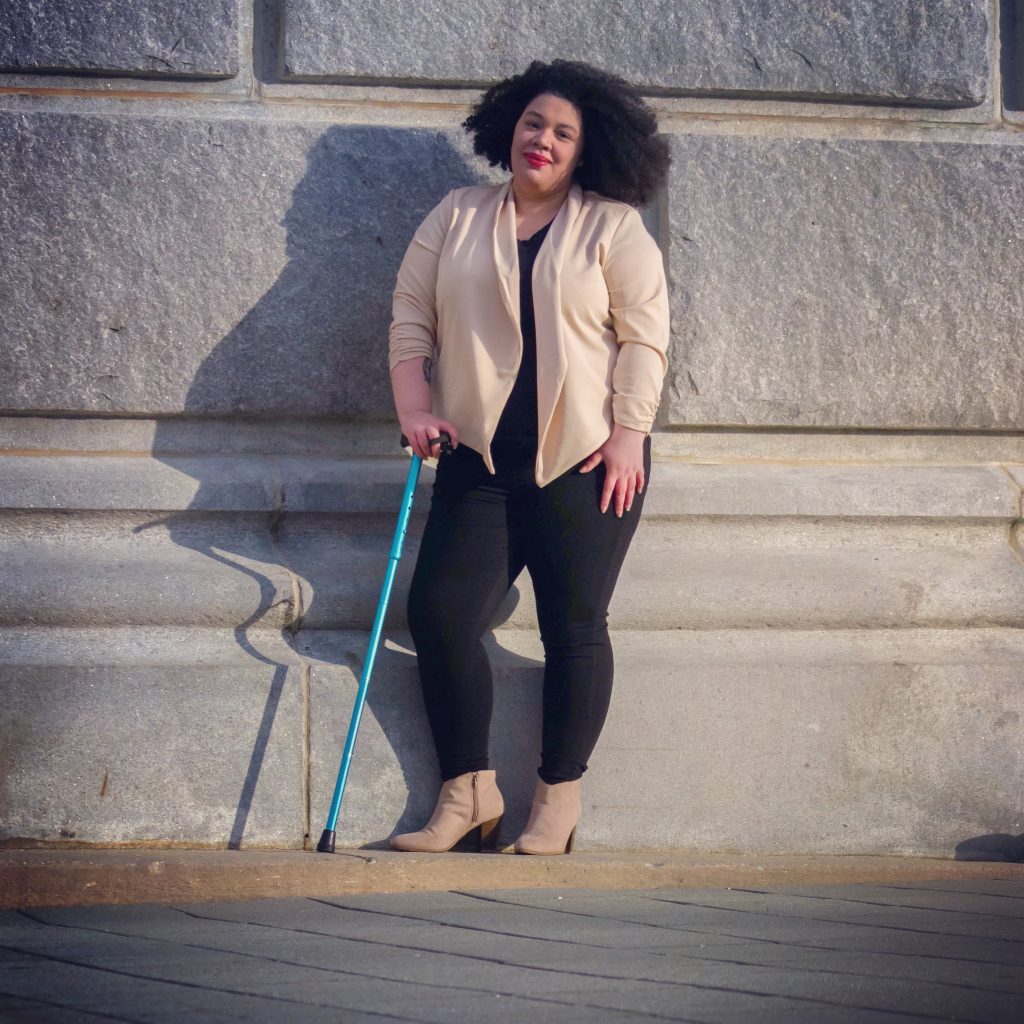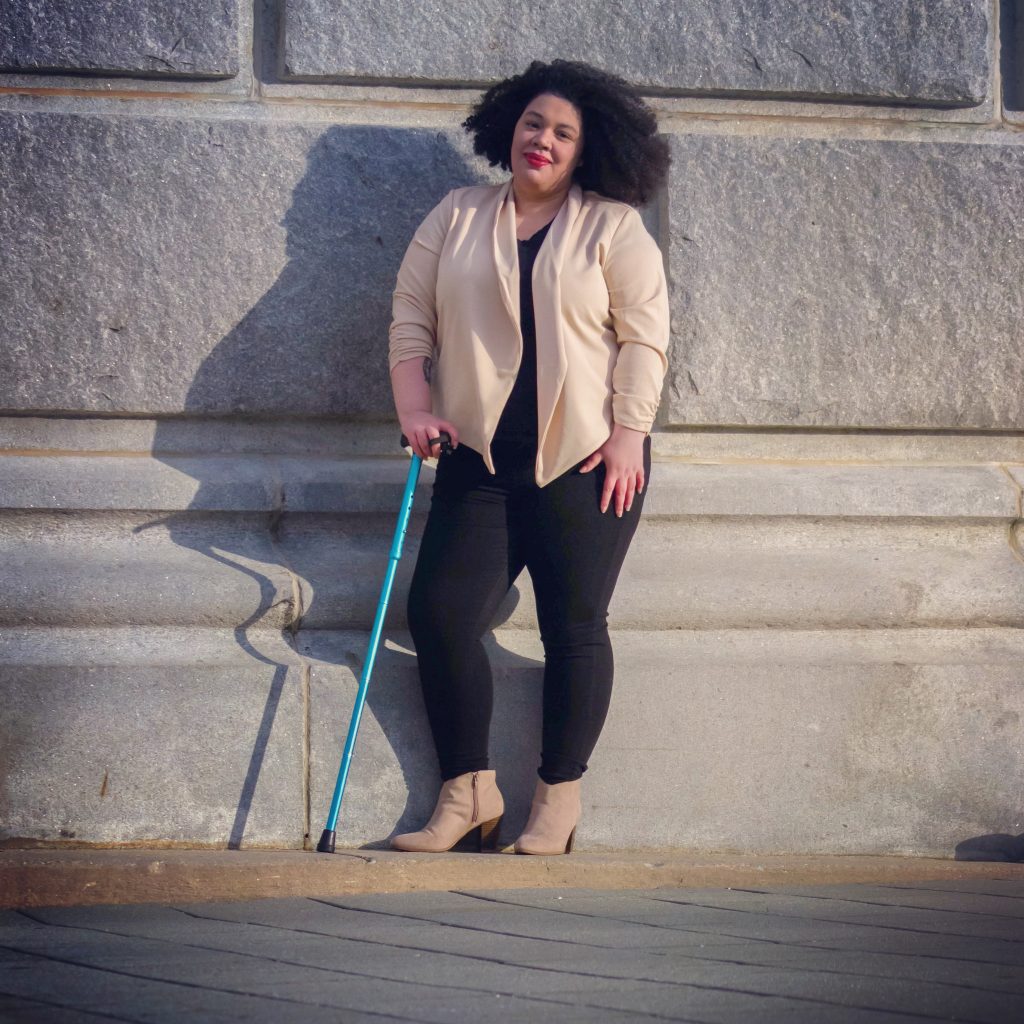
In the two years preceding the COVID-19 pandemic, more than 27 million travelers with disabilities took a total of 81 million trips, spending $58.7 billion on their own travel alone.
“One of the things I’ve discovered getting my foot in the door of the hospitality industry is that accessibility often feels like a burden for hotels and businesses,” says Natasha Graves, MBA ’18. “But if we think about the number of people with disabilities that travel, there is so much money and such a high return on investment. Why aren’t people targeting this untapped market?”
Graves has spent a large part of the pandemic on Zoom and Clubhouse asking exactly that to hotels and other businesses around the world, using her company VacayAbility as a jumping-off point.
VacayAbility is a user-generated website first conceptualized by Graves while she was a student at the Fox School after finding it difficult to locate reliable information on disability resources at her travel destinations. Graves is an entrepreneur, photographer, writer, blogger, advocate and health educator, who lives with multiple chronic disabilities. Her business won the grand prize in the Fox School’s 2019 Social Entrepreneurship Summit and received funding from the Lori Hermelin Bush Seed Fund in 2020.
The site focuses not only on reviewing physical accessibility accommodations but incorporates a wide range of needs for those experiencing blindness, low vision, deafness or hard of hearing, as well as sensory, allergy and dietary-friendly considerations.
Diversity, Equity and Inclusion (DEI) has been a topic of discussion across all industries and professions, especially since the death of George Floyd in the summer of 2020 and the rise of Anti-Asian hate crimes, but Graves argues that people with disabilities are often left out of the conversation.
“As a person who fits into so many of these categories—I am a Black, queer woman with disabilities—how can we make it so workplaces, or hotels, or other establishments are comfortable for people like me? How can we be diverse in thinking not only about a brand and its executive leadership but about the consumer as well?
“Getting people thinking about accessibility is the first step,” says Graves. “Then, with sites like VacayAbility, over time we can move on to thinking about accommodations as a strategic priority instead of an afterthought or a burden. We’re really focused on accessibility and creating a culture of accessibility.”
This past year has been a unique time to work on this ‘first step’—with the United States in various stages of lockdown and people spending more time at home than ever before, Graves saw an opportunity.
“A lot of people with chronic illnesses and disabilities are homebound,” says Graves. “Especially in the spring and summer of 2020, nearly all of us were homebound. No one could travel. So this has been a chance for me to help a larger audience see sort of how the ‘other half’ lives, in a way.”
In meetings and in the VacayAbility blog, Graves discussed the increase of technology and teleconferencing. She showcased virtual travel experiences and immersions as a way to attract new users to the site.
The pause in travel was also an opportunity for Graves to network with hotel brands and hospitality industry professionals about accessibility, including recommendations on how to pivot strategically towards accessibility tourism. Graves encourages professionals to reach out and visit the VacayAbility website to learn more about accessibility considerations, for example, installing simple things like lifts for pools or bathroom shower seats.
“Using teleconferencing technology, I’ve had the opportunity to network with people I would have never met with otherwise,” Graves says. “I was just on Clubhouse an hour ago speaking about this topic with people, including an exec from Airbnb. I’ve been in (virtual) rooms with huge hotel brands. And now that people are starting to travel again, more people have these things on their minds.”
